
Thai students come to Liuzhou Railway Vocational Technical College in Guangxi Zhuang Autonomous Region to learn high-speed rail technologies. (Screenshot Photo)
(ECNS) -- A batch of Thai students started their training courses on high-speed rail technologies such as mechanical maintenance and gauge measurement at Liuzhou Railway Vocational Technical College in Guangxi Zhuang Autonomous Region, hoping to contribute to Thailand’s railway construction.
“These students studied technologies online before but they lack practical training. Therefore, we mainly focus on practical training courses, hoping they could master these skills in a short time,” said Luo Xiaofang, vice president of Liuzhou Railway Vocational and Technical College.
“First, I’m interested in high-speed rail very much., I have learned to all about operations in a real working environment here. I feel very excited,” said Lin Hongchun.
Huang Encai, 26, changed his major in order to study high-speed rail technologies in China, anticipating to engage in related work in Thailand.
“I plan to apply what I’ve learnt here to high-speed rail construction in Thailand because these technologies are more advanced. I have more chances compared with others,” said Huang.
In order to quickly improve the professional ability of these students, Liuzhou Railway Vocational and Technical College has given them extra training. Meanwhile, the school has set up research and study camps themed on traditional Chinese culture and found Chinese families to help them adapt to life in China.
With the promotion of the China-Thailand railway project, many students from ASEAN countries have come to China to study high-speed rail technologies.
Liuzhou Railway Vocational and Technical College has enrolled Thai students for four years and Lao students for two years. Among them, 45 Thai students have graduated from the school and 26 work for Thai rail transit enterprises.
As an important window for communications between China and ASEAN countries, Guangxi has attracted the most students from ASEAN countries. Now it has set up eight Confucius Institutes and over 10 vocational and technical colleges that are cultivating skilled talents for overseas Chinese enterprises and ASEAN countries.








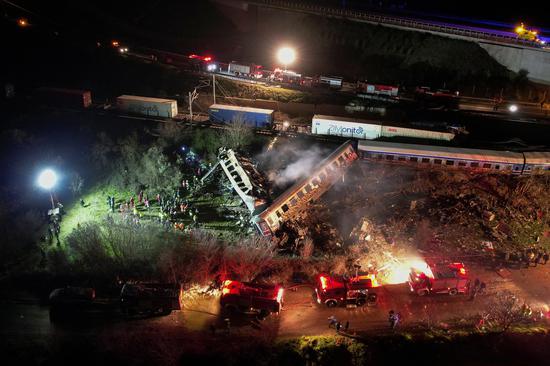

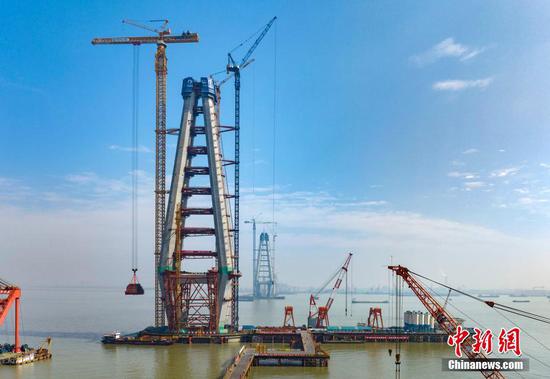
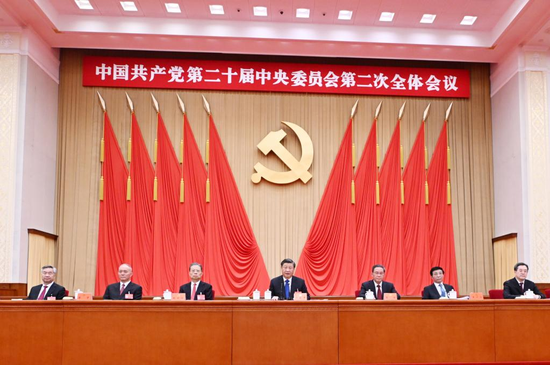
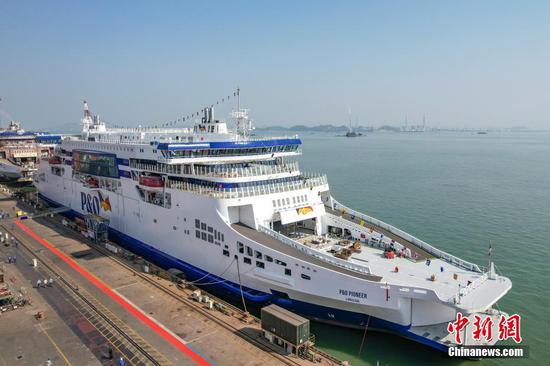






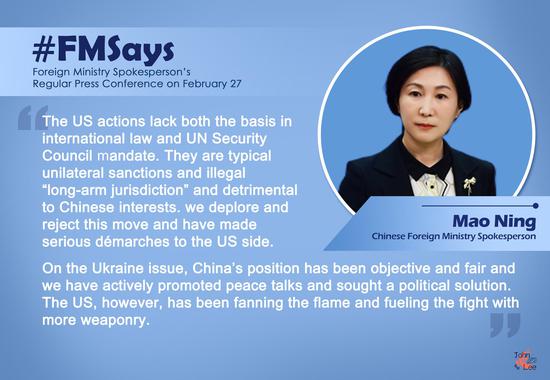


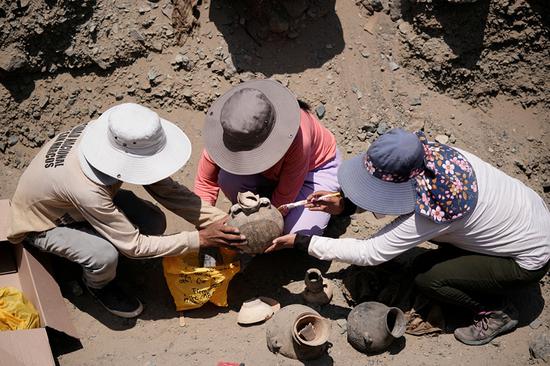
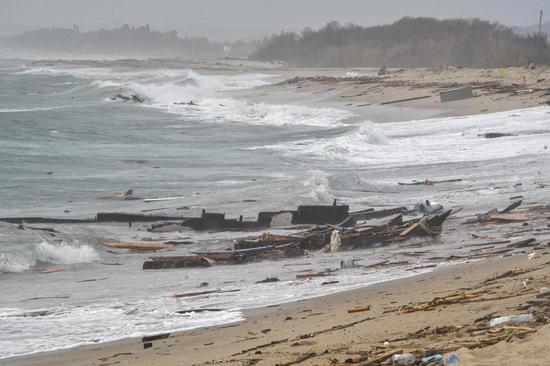
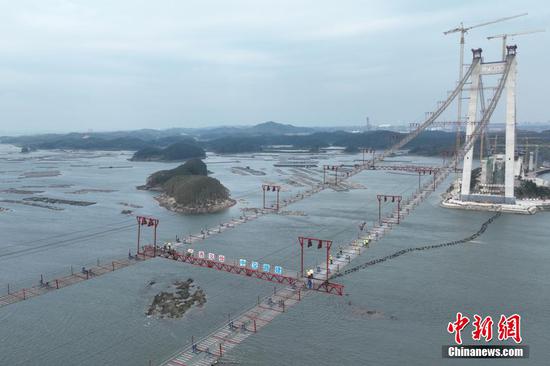


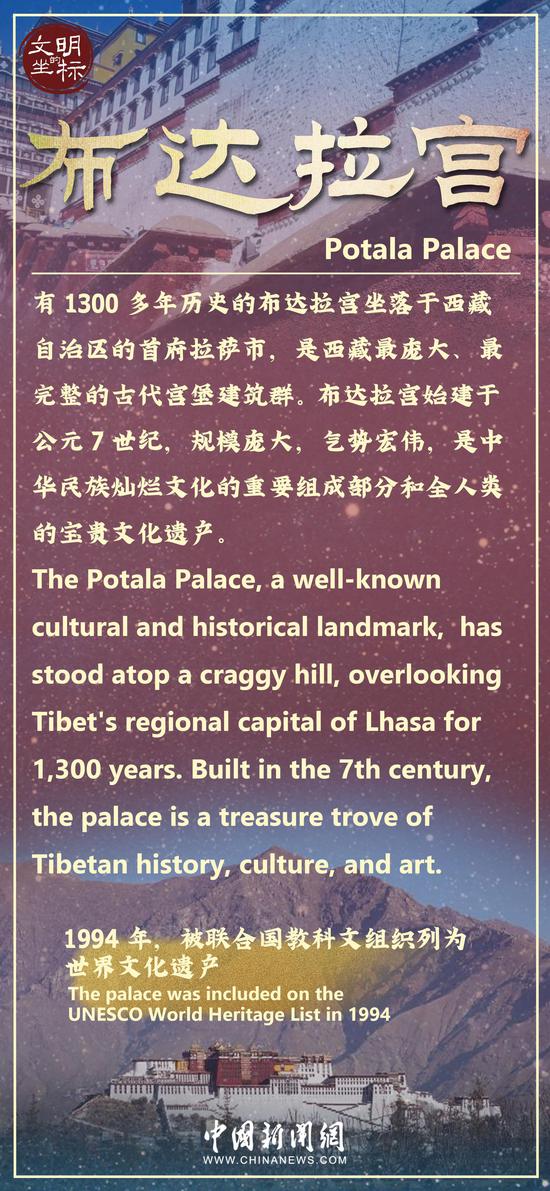
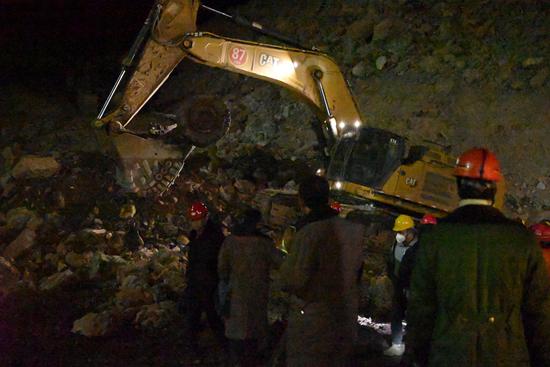
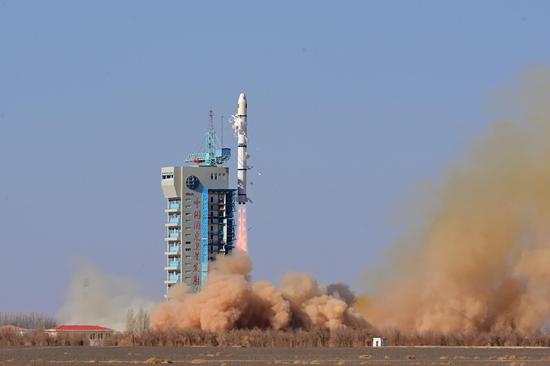

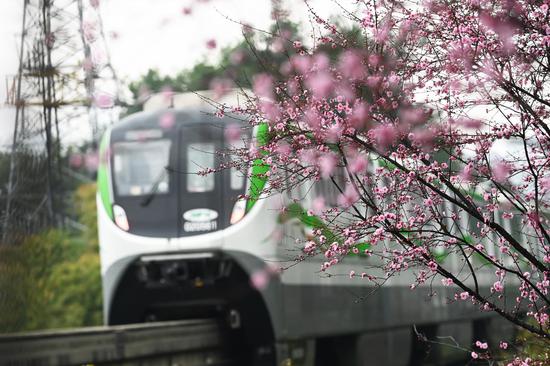

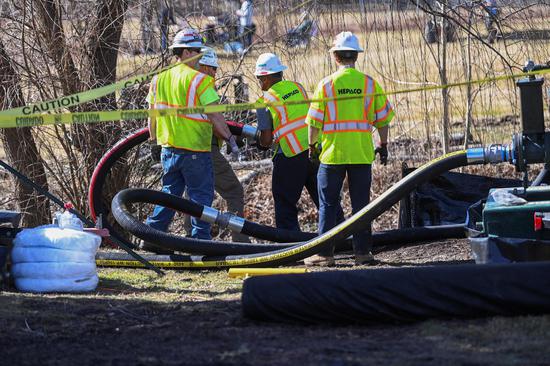

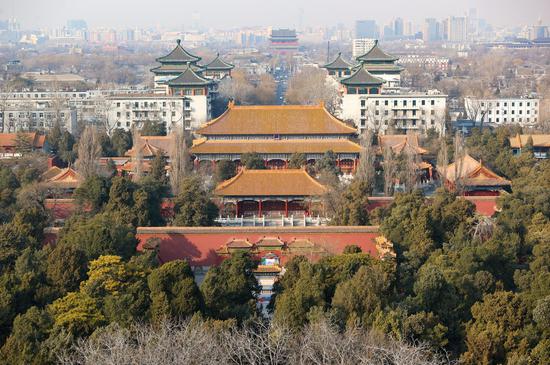
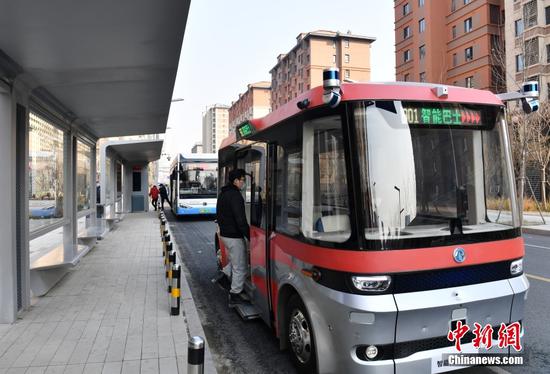
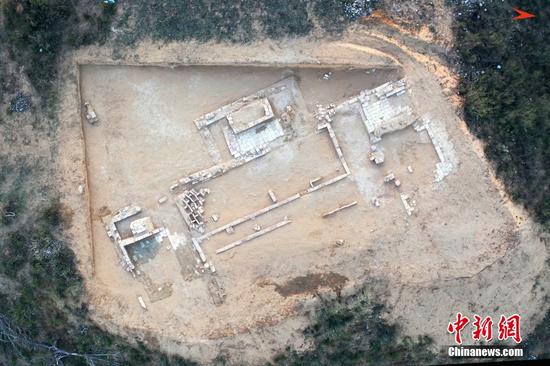
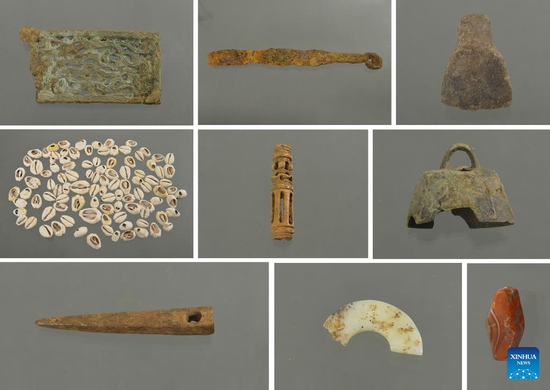




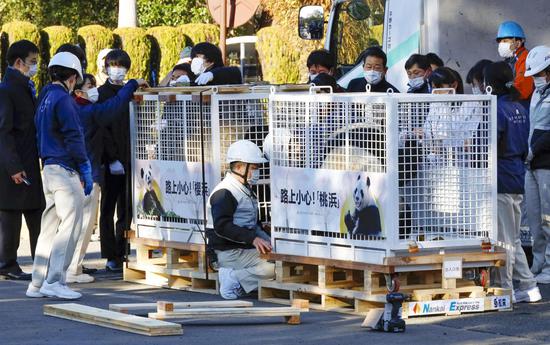






 京公网安备 11010202009201号
京公网安备 11010202009201号